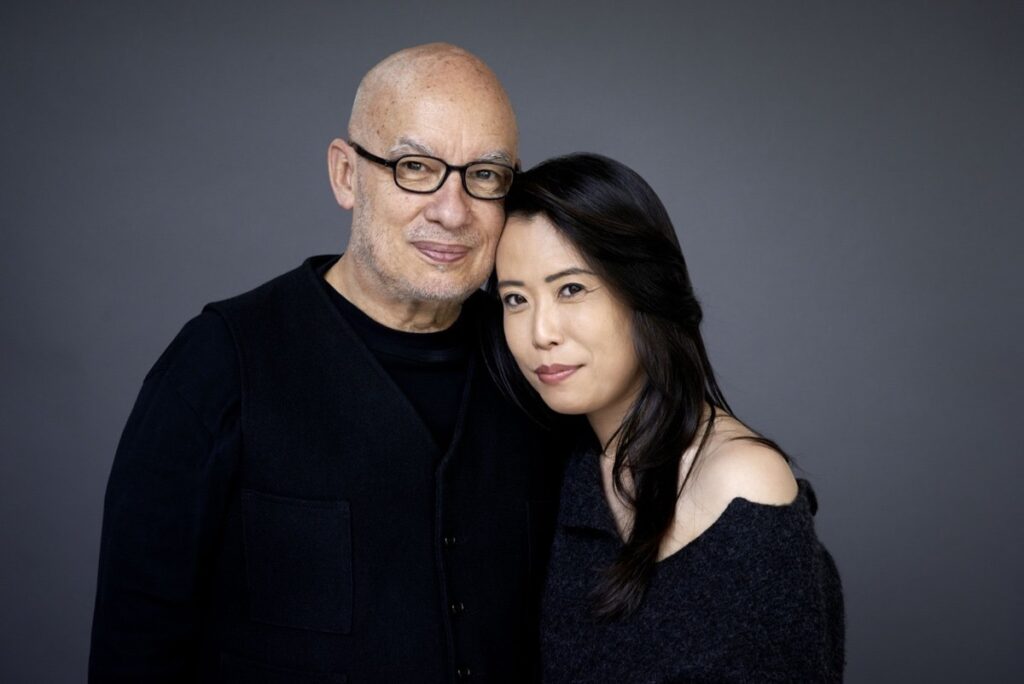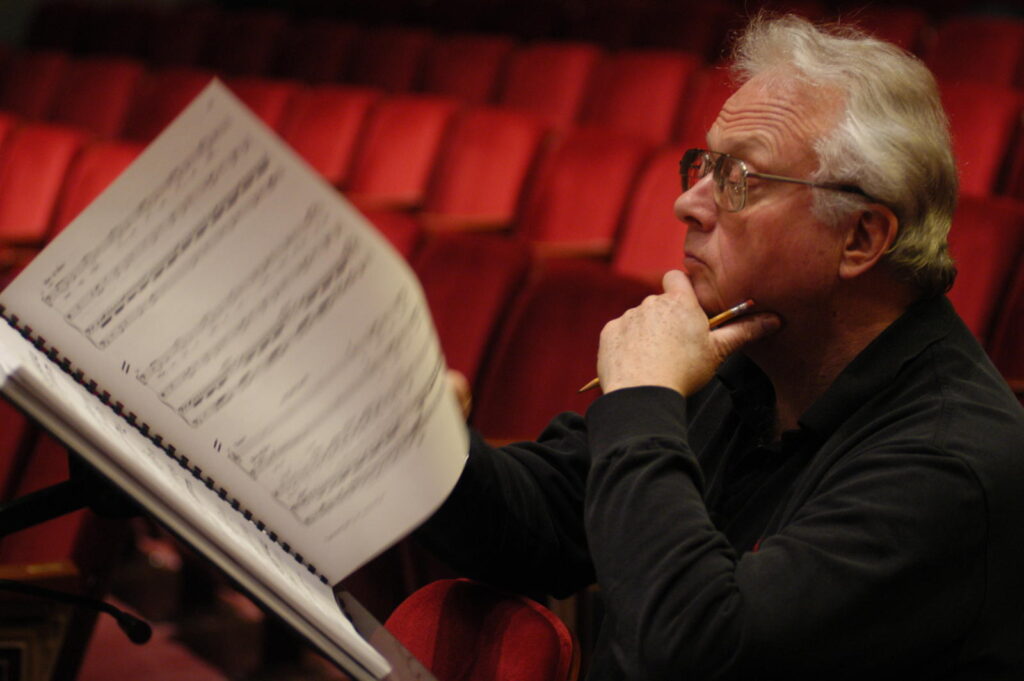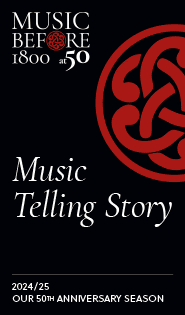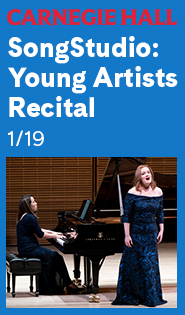Two pianists fete Bolcom with wide-ranging birthday tribute
Composer Willam Bolcom turns 85 on May 26th. It’s easy to say he is a major classical musician, but he’s simply an American musician, with a range that includes the opera A View from the Bridge, symphonies, concertos, string quartets and other chamber music, as well as superb cabaret songs, musical theater pieces, and wonderful piano rags.
Thursday night at the Morgan Library, pianists Maki Namekawa and Dennis Russell Davies honored him with the program “Bill’s Garden: A Celebration of William Bolcom at 85.” Playing five pieces—for solo piano, piano four hands, and piano duo—the two covered more than 50 years of Bolcom’s career. The composer has done so much, that this could barely be representative, but it did guide the listener through the consistent excellence of Bolcom’s work.
The program wasn’t chronological, but it outlined in a non-linear way Bolcom’s general path. On the technical side, that meant moving from early atonality to a simpler, tonal harmonic palette, and eventually an expanded one that incorporates rich extended chords, dissonance, and occasional returns to atonality. No matter the tools, though, what came through was Bolcom’s ability to communicate clearly via the graceful lyricism that threaded through all the music.
Namekawa and Davies opened with the brief Dédicace, a gentle fanfare written in memory of one of Bolcom’s teachers, Darius Milhaud. Atmospheric and angular, it manages to express both grief and wonder, and the pianists ended it abruptly, somewhere past the middle, on a hanging chord.

Davies quickly got up and left the stage, and Namekawa filled the empty space with the Nine Bagatelles, a newer set from 2006 with the same title as a group from about a decade prior. These are aphoristic, with a strong late-style feeling; they seem to distill years of thinking and practice into tight forms that don’t waste a second. Namekawa’s playing alternated between spiky and smooth, ideal when the musical ideas are packed tightly together, and both the humor and intelligence come through the quickness of the music. There seemed to be several enjoyable inside jokes: “The Ghost Mazurka” is surrounded by agitated riffs and rhythms that try to upset it, while “Recess in Hell” might have elicited thoughts of Frank Zappa, except for its unexpectedly dainty poise.
Davies replaced Namekawa for the East Coast premiere of the 2019 Second Fantasy Sonata. This was a rich and complex piece, a very American work in the way it used a plainspoken style to hint at brooding, knotty experiences. Organized around a simple C Major, it still was full of thorny intervals and harmonic tension.
Davies’ playing was poised, beginning with a careful sense of control and following the form and spirit of the music as it became fiercer, then settled. Very much a sonata-like journey, the piece returned to its starting point, but everything had changed.
After intermission, the pianists played two duos, the Sonata for Two Pianos and The Garden of Eden. Though separated by more than two decades, the two pieces felt like close companions. The 1993 Sonata began with atmosphere and complexity, a kind of impressionistic fanfare developing into fast and dense passages. This built mood and tension that resolved in the final section, “Ancient Dances,” which was not so much ancient as nice and bluesy, with a gently chugging sense of swing and the feeling of people moving together on the dance floor.
This easily connected to The Garden of Eden, from 1969, a set of four rags that predated Bolcom’s two books that collect the great, modernist rags he wrote for William Albright. The later ones are full of multicolored harmonies and abstract touches, while the duo set was straightforward, 20th century pieces written in a very 19th century style. They are fun and enjoyable, and while the pianists didn’t have the most natural approach to the rhythms, they played with jauntiness and a clear, ringing touch on all the wide octaves.
The concert actually ended with a dedication, or the end of one. After acknowledging the applause, Davies encouraged Bolcom’s friends in the audience to call the composer, because “time is running on,” he said. And then the two sat down at the piano, and finished playing the Dédicace.


